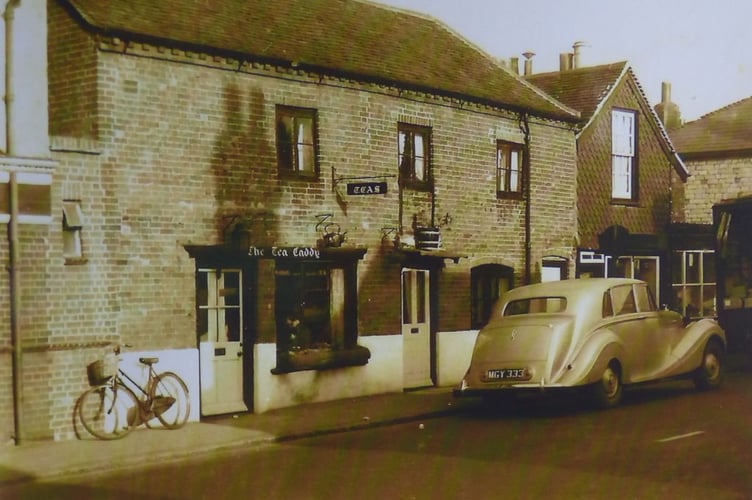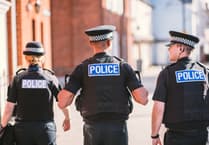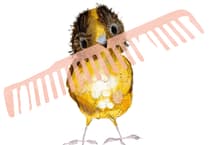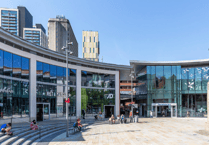IF you fancy a trip back in time to learn about the many teashops and cafés that have graced Ripley High Street, a visit to the local history society’s museum is recommended.
Send and Ripley History Society’s latest exhibition at its charming museum in Ripley features vintage photographs with lots of details as well as related artefacts and information on the origins of tea-drinking.
The exhibition is titled Ripley, a Refreshment Destination – a history of teashops and cafés.
It may come as a surprise to see just how many tearooms and cafés have been in the village over the years.
But perhaps not so when considering the village was once on the main road from London to Portsmouth, with plenty of passing trade as well as custom from the locals.
The heyday of its refreshment rooms was from the 1920s and on into later decades. Of course, there are several there now, open once more since some of the lockdown restrictions have been lifted.
Names of the tearooms and cafés may well be remembered, while others came and went a very long time ago.
They include the Crossways Tearoom at Burnt Common and the Triangle Café a little further along the road, opposite what was once Fishers Garage.
Then there was The Three Frogs, and moving further towards the village there was the Dolls House Tearoom and the Sunnyside Tearoom.

Others included the Jubilee Café, the Toby Cottage Tearooms (now a restaurant), the Spinning Wheel, Pinnocks Café (the current Pinnocks taking its name from it).
The Enchanted Tea Garden must have been a popular choice along with the Old Forge tea and snack bar.
Also featured in the exhibition are Skeltons refreshment house, the Cedar House tearoom, the Welcome Coffee House, The Tea Caddy, the Bright Spot (later called the Green Lantern), and the Rio Café.
Send has had few teashops, as it did not enjoy the same level of passing trade. But the exhibition features one that was later a newsagent’s shop. Today the Astalet Café in the village.
The text accompanying the photos in the exhibition also features people’s memories and anecdotes.

For example, today’s Toby Cottage restaurant was so named because of the ceramic Toby jugs that once stood outside, including one rather large example.
Anita Harris, nee Bolwell, moved to Ripley with her parents in the 1920s and ran the Toby Cottage Tearooms. Anita married in 1932 and moved to Esher in 1934 to run a hotel.
A family by the name of Reed owned the Toby between the 1950s and 1970s.
Evelyn O’Brien worked there in the 1930s. After a break to have a family, she returned until her retirement in the 1970s.
At present, bookings to see the exhibition are by appointment. To book, call Clare on 01483 728546. Those visiting can get a small discount for three local cafés (50p on a £5 spend).
After all COVID restrictions are lifted, the museum plans to go back to Saturday morning openings.
The museum is in Ripley High Street, adjacent to the village hall, where there is currently building work taking place. There is a path to the museum beside the temporary fencing. If driving to Ripley there is ample parking nearby and also a short way further into the village.
If you have some memories or old pictures relating to the Woking area, call me, David Rose, on 01483 838960, or drop a line to the News & Mail.
David Rose is a local historian and writer who specialises in what he calls “the history within living memory” of people, places and events in the west Surrey area covering towns such as Woking and Guildford. He collects old photos and memorabilia relating to the area and the subject, and regularly gives illustrated local history talks to groups and societies. For enquiries and bookings please phone or email him at: [email protected]




